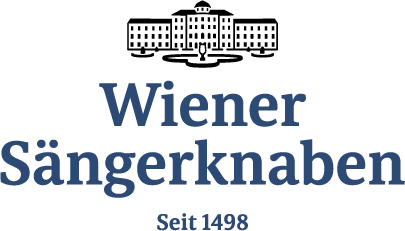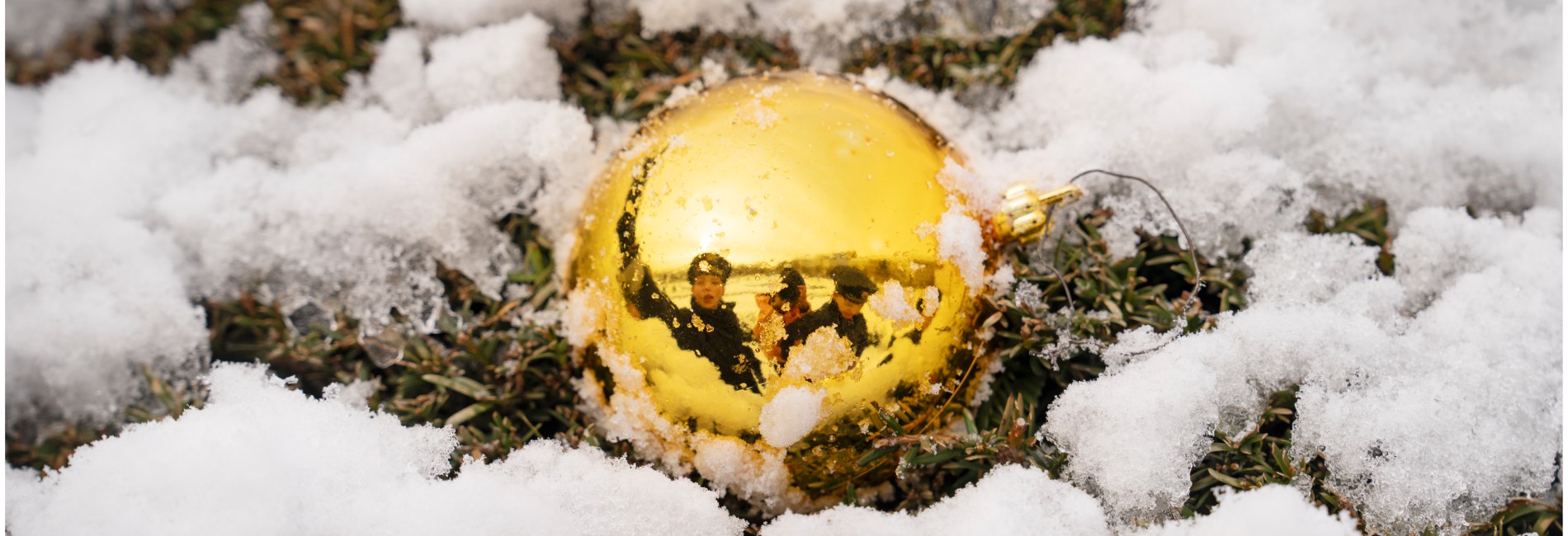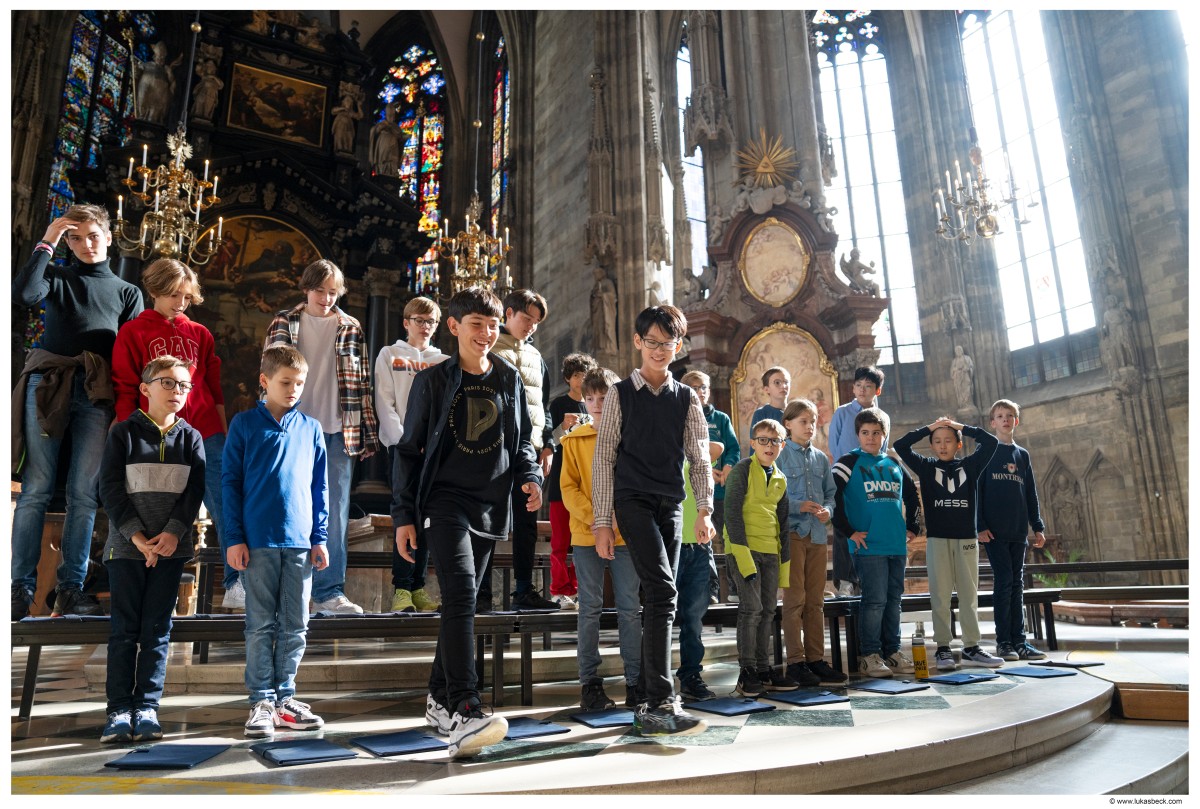2. Dezember
"Heissa, Buama" ist ein Anglöckellied aus dem Pongau; Anglöckellieder gehören zu den sogenannten Heischebräuchen. Gruppen von Sängern zogen als Hirten verkleidet von Haus zu Haus, von Hof zu Hof und sangen – im Gegenzug erhielten sie Essen und Trinken.Diese Aufnahme entstand 1999: 12 Kinder des damaligen Mozartchors singen – ohne Kapellmeister.



